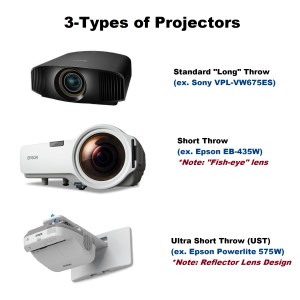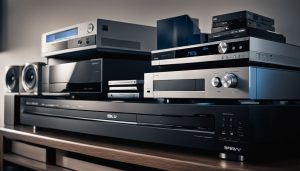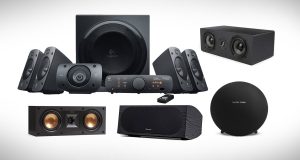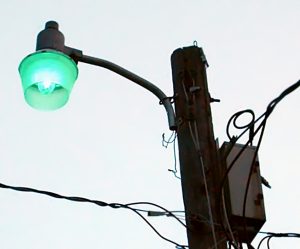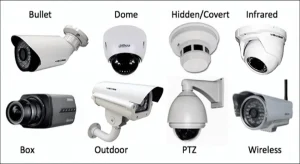Bluetooth Speakers: What They Do, How They Work, Applications, and Safe Usage Tips
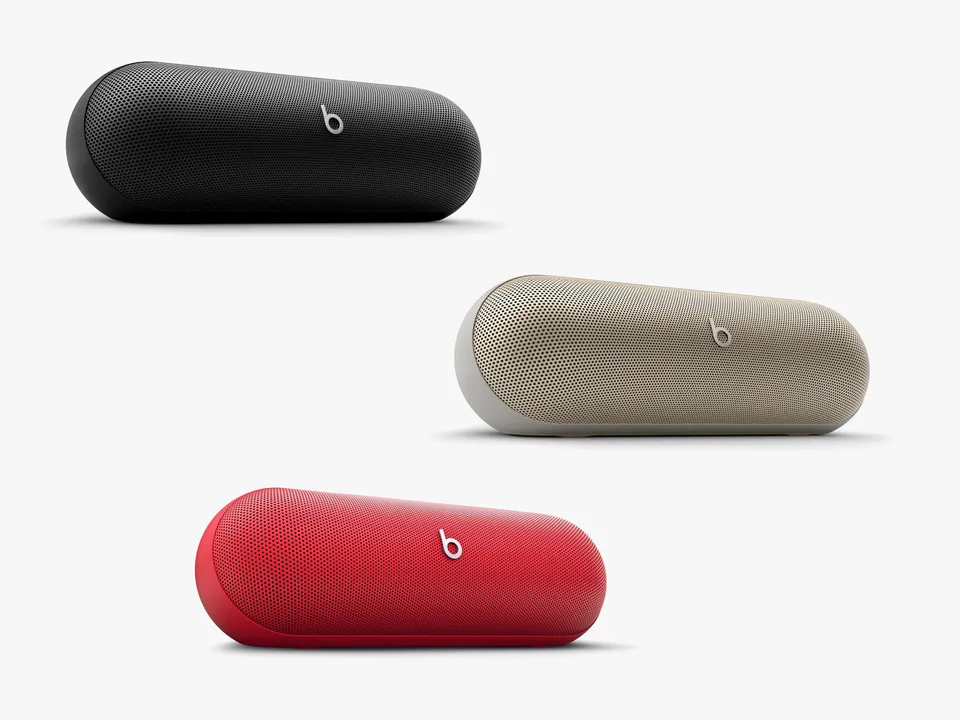
Bluetooth speakers have become a staple in modern audio technology. They provide wireless sound with convenience and portability, making them ideal for various settings. In this article, we’ll discuss what Bluetooth speakers are, how they function, where they’re commonly used, and how to use them safely.
1. What Do Bluetooth Speakers Do? (Introduction, Common Types, and Uses)
Bluetooth speakers are wireless audio devices that use Bluetooth technology to connect with compatible devices such as smartphones, tablets, or laptops. They allow you to stream music, podcasts, or any other audio content without the need for cords or cables. These speakers are portable, easy to use, and provide high-quality sound for a variety of uses.
Popular Types of Bluetooth Speakers:
- Portable Bluetooth Speakers: Small, lightweight, and easy to carry, these are ideal for on-the-go listening. They’re perfect for outdoor activities, traveling, or casual listening.
- Smart Bluetooth Speakers: These speakers integrate with voice assistants like Alexa, Google Assistant, or Siri. They allow you to control music, set reminders, and even control other smart home devices through voice commands.
- Waterproof Bluetooth Speakers: Designed for use around water, these speakers are perfect for poolside, beach outings, or showers. They’re built to withstand splashes and are ideal for outdoor adventures.
- Home Bluetooth Speakers: Larger, more powerful speakers that are designed to stay in one place, typically used in living rooms or home offices for high-quality, room-filling sound.
Benefits:
- Wireless Convenience: Bluetooth speakers eliminate the need for wired connections, making them more convenient for various uses.
- Portability: Most Bluetooth speakers are compact and portable, allowing you to take your music wherever you go.
- Versatility: Whether you’re at home, in the car, or outdoors, Bluetooth speakers can easily adapt to any environment.
2. How Do Bluetooth Speakers Work? (Principle of Operation and Key Components)
Bluetooth speakers work by using Bluetooth technology to wirelessly transmit audio signals from a source device (like a smartphone or laptop) to the speaker. Here’s a breakdown of how they function:
Key Components of a Bluetooth Speaker:
- Bluetooth Receiver: This component receives the audio signal from the paired device and converts it into sound.
- Amplifier: The amplifier increases the power of the audio signal to a level that can drive the speaker’s drivers (the parts that produce sound).
- Speakers/Drivers: These are the actual components that generate the sound. The drivers move in response to the amplified audio signal, producing vibrations that we hear as sound.
- Power Source: Bluetooth speakers are typically powered by rechargeable batteries, allowing for portability. Some larger models may have an AC adapter for continuous power.
- Control Buttons: Most Bluetooth speakers come with buttons for controlling volume, play/pause, track skipping, and pairing.
How It Works:
- Pairing: The Bluetooth speaker connects wirelessly to a device (smartphone, tablet, laptop) using Bluetooth. This connection enables the transfer of audio signals.
- Signal Transmission: Once paired, the audio source sends a digital signal through Bluetooth, which is received by the Bluetooth speaker.
- Amplification and Sound Production: The audio signal is then amplified and sent to the speaker’s drivers, which create sound waves. The speakers’ drivers vibrate to produce the sound that we hear.
- Control and Adjustments: Users can control the speaker using built-in buttons or voice commands (on smart speakers) to adjust the volume, skip tracks, or pause music.
3. Where Are Bluetooth Speakers Used? (Practical Applications)
Bluetooth speakers can be used in a variety of settings and for different purposes. Their versatility makes them perfect for many environments.
Common Uses of Bluetooth Speakers:
- Outdoor Activities: Bluetooth speakers are perfect for taking music to the beach, park, or on a hike. Their portability and wireless capabilities make them easy to bring along on outdoor adventures.
- Parties and Gatherings: When hosting a gathering or party, Bluetooth speakers provide powerful sound and the ability to connect multiple devices for group listening.
- Home Entertainment: For casual music listening or movie watching, Bluetooth speakers can be placed around the home to deliver high-quality audio.
- Travel: Compact Bluetooth speakers are ideal for use in hotel rooms, dorms, or on trips, offering a portable solution for enjoying music without relying on hotel TVs or other sound systems.
- Workouts and Exercise: Many people use Bluetooth speakers while exercising, as they are easy to place nearby and provide the necessary sound to keep you motivated during workouts.
Real-Life Applications:
- Traveling: Enjoy your favorite music on the go by connecting your smartphone to a portable Bluetooth speaker.
- Outdoor Fun: Take a waterproof Bluetooth speaker to the beach or pool, allowing you to listen to music without worrying about splashes or water damage.
- Home Audio Setup: Place Bluetooth speakers around the house for a multi-room listening experience, allowing you to control your music throughout your home.
4. How to Use Bluetooth Speakers Safely (Safety Tips and Important Considerations)
While Bluetooth speakers are generally safe to use, it’s important to follow safety guidelines to ensure their longevity, safety, and optimal performance.
Safety Tips for Using Bluetooth Speakers:
- Charge Correctly: Always use the provided charger or a compatible charging cable to ensure that your Bluetooth speaker is charged safely. Avoid overcharging, as this can reduce battery life.
- Avoid Exposure to Extreme Temperatures: Bluetooth speakers should not be exposed to high heat or cold, as this can damage the internal components and battery.
- Keep the Speaker Dry: Unless the speaker is waterproof, avoid using it in environments where it could be exposed to water or moisture.
- Control Volume: While Bluetooth speakers are loud, it’s important not to set the volume too high for extended periods to avoid damaging the speaker or disturbing others.
- Maintain Battery Health: If you’re not using your Bluetooth speaker for a while, store it with a partially charged battery to maintain battery health.
Important Considerations:
- Pairing Issues: If your speaker doesn’t connect, make sure Bluetooth is enabled on both the device and the speaker. Ensure that the speaker is in pairing mode and that you’re within range.
- Compatibility: Ensure your Bluetooth speaker is compatible with the devices you want to use it with. Some speakers may only work with specific operating systems or devices.
- Proper Storage: When not in use, store the speaker in a safe place to prevent physical damage and to preserve battery life.
Conclusion
Bluetooth speakers are a versatile and convenient way to enjoy audio wirelessly, whether you’re at home, outdoors, or traveling. By understanding how they work, where they’re commonly used, and following safe usage practices, you can ensure an enjoyable and safe experience. Choose the right Bluetooth speaker based on your needs, and always take care to maintain its battery health and overall longevity.
